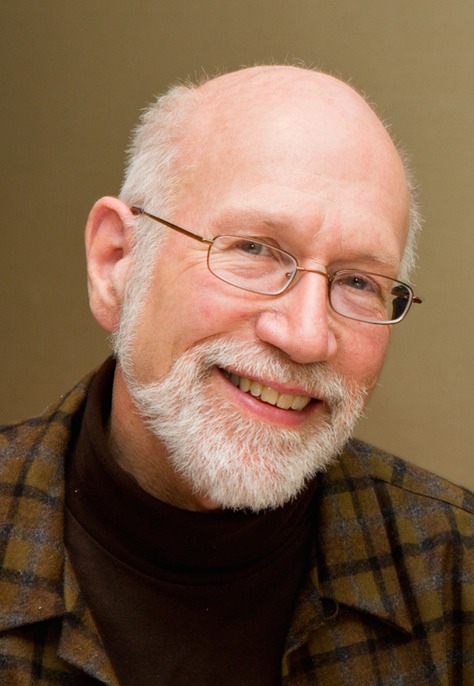Students learning to lead amid threats of cyber crime that threaten national security, including the next election

 Enlarge
Enlarge
In the course “Cybersecurity for Future Leaders” (EECS 498 / PUBPOL 475), students will gain a better understanding of the science, technology, public policy, and national security considerations behind cybersecurity in order to protect the very tenets of democracy.
The National Counterintelligence and Security Center Director William Evanina provided an unclassified overview of foreign threats to the 2020 election, highlighting those coming from China, Russia, and Iran. Election security will be one of the course’s six focus areas this Fall 2020.
“This course is to help ambitious students, when they reach positions of leadership, to be able to ask the right questions and make well-informed decisions on matters of cybersecurity and privacy,” says ECE visiting professor Carl Landwehr, who will co-teach the course from the technical perspective of cybersecurity.
Landwehr is joined on the policy side by Javed Ali, a Towsley Foundation Policymaker in Residence at the Ford School.
“My national security module will cover the voting enterprise in general in the United States and its key components, how foreign adversaries like Russia have attempted to influence elections over the past decade, in the U.S. and elsewhere, and what the 2020 elections could entail given current warnings from the intelligence community,” Ali says, noting that it will be taught in the weeks just preceding the November elections.
“It takes time, usually decades, for this year’s graduates to rise to senior leadership positions. The course aims to convey the technical foundations behind cybersecurity concerns and the basis for related policy issues that will still be relevant when students reach those positions of responsibility,” says Landwehr.
Students will draft policy memos and participate in panels addressing current issues where technology and policy come together, such as surveillance and data privacy, cyber warfare and cyber operations, supply chain security, and artificial intelligence. The course concludes with simulated meetings of a corporate board and the National Security Council that will address particular cybersecurity scenarios.
—————————
Dr. Landwehr is a Visiting Professor of Electrical and Computer Engineering at the University of Michigan, and Lead Research Scientist at the Cyber Security and Privacy Research Institute at George Washington University. His is also a consultant to research programs including NSA’s Science of Security program, the NSF-funded Trustworthy Health and Wellness project, and NSF’s Secure and Trustworthy Computing program. He has taught computer science at Purdue, Georgetown, the University of Maryland and Virginia Tech. He holds a BS degree in Engineering and Applied Science from Yale University and MS and PhD degrees in Computer and Communication Sciences from the University of Michigan. He is a fellow of the IEEE and a member of the National Cyber Security Hall of Fame. He has authored more than 40 technical publications, as well as several book chapters and a variety of opinion pieces. He was elected to the Board of Directors of the nonprofit Center for Democracy and Technology in 2016.
Javed Ali is a Towsley Foundation Policymaker in Residence at the Ford School for fall 2020, teaching “Counterterrorism: Past, Present, and Future” and co-teaching “Cybersecurity for Future Leaders.” A former senior director for counterterrorism at the National Security Council, Ali has over 20 years of professional experience in national security and intelligence issues in Washington, D.C., serving in the Defense Intelligence Agency, the Department of Homeland Security, and the Federal Bureau of Investigation. While at the FBI, he also held senior positions on joint duty assignments at the National Intelligence Council, the National Counterterrorism Center, and the National Security Council under the Trump Administration. He holds a BA in political science from the University of Michigan, a JD from the University of Detroit School of Law, and an MA in international relations from American University. He writes and provides commentary across a number of media sites and platforms, including MSNBC, CBS, CNN, ABC, The New York Times, The Washington Post, The Hill, and Newsweek.

 MENU
MENU